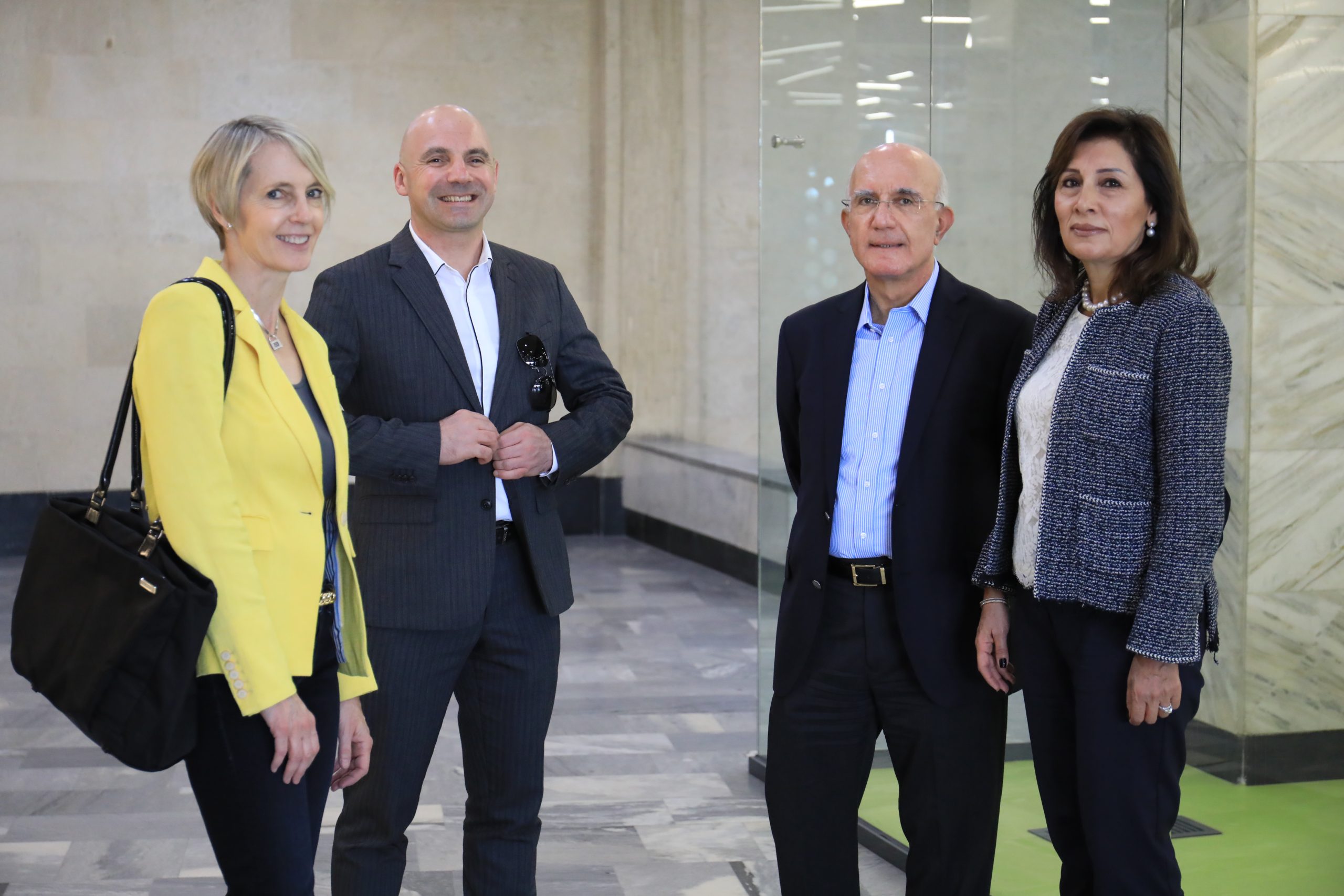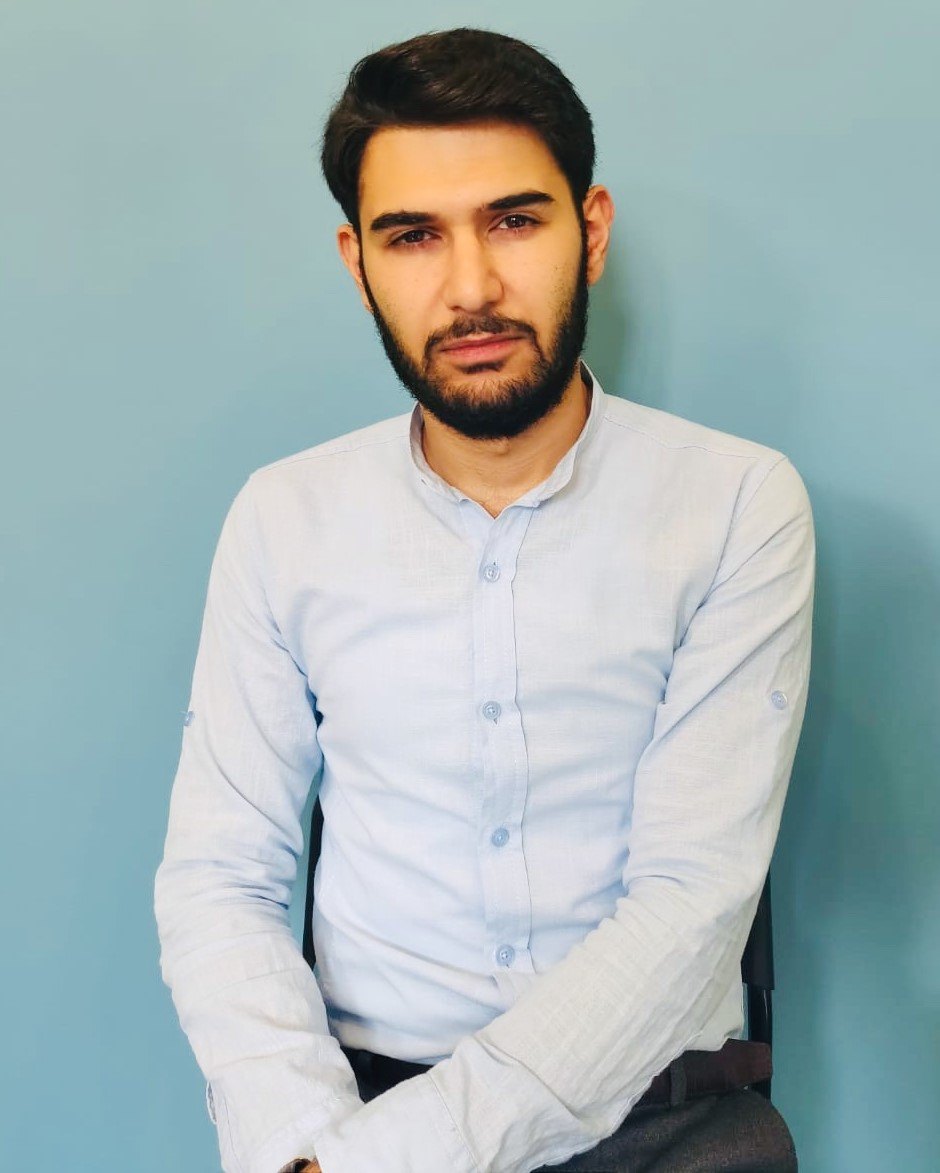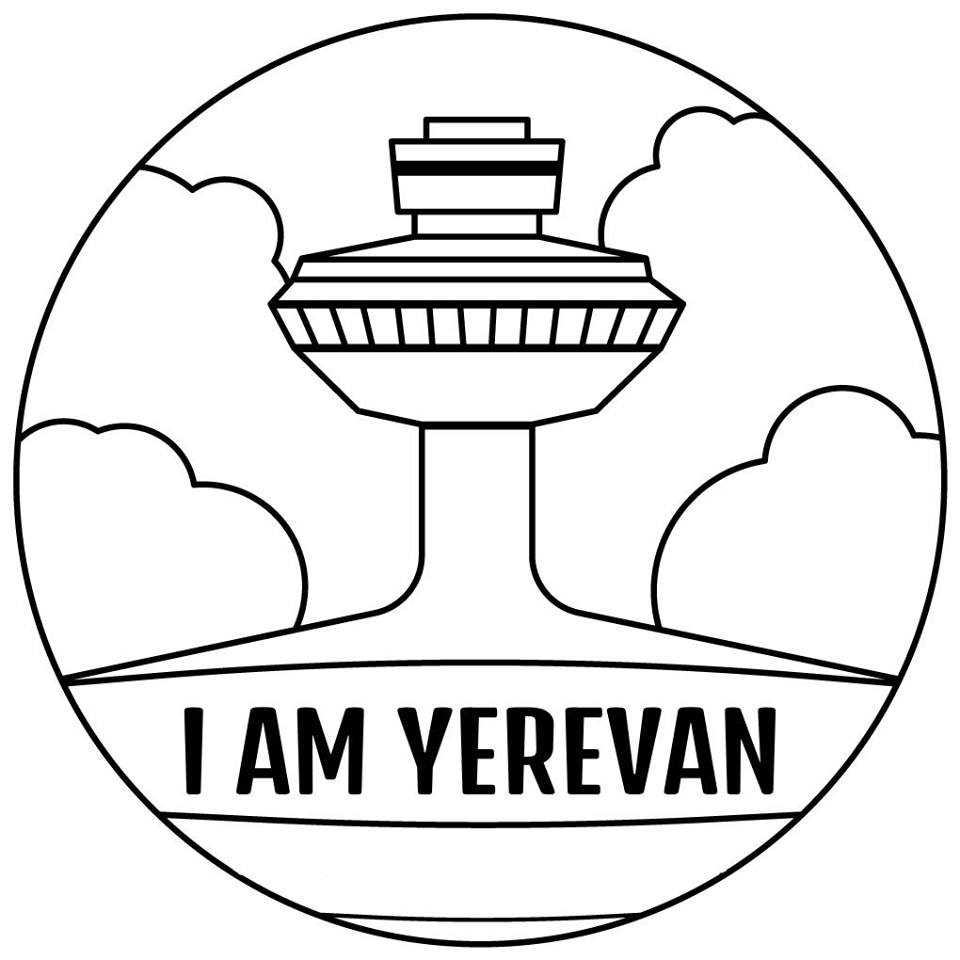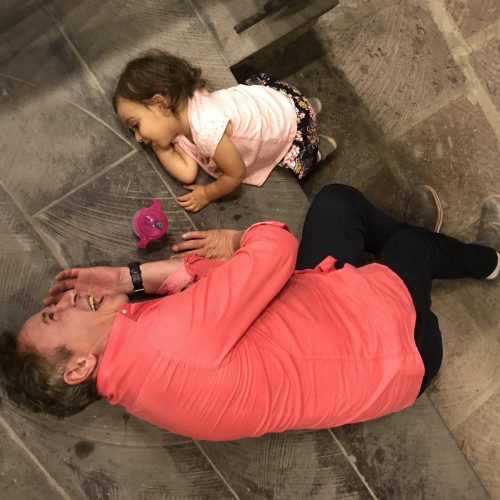
Interview with Caroline Winnett by Ashot Khudgaryan
October 14, 2019
Low-cost airlines and travel habits for girls
October 29, 2019Artavazd Minasyan, who earned his Ph.D. in Mathematics from Yerevan State University, is the co-founder of Krisp, a noise reduction application that's been attracting a lot of attention since its launch.
Just a couple of years ago Artavazd and his friend Davit Baghdasaryan founded a startup called 2Hz. In 2018, Krisp, their noise cancellation application for MacOS received the “Product of the Year” title at Product Hunt in the Audio&Voice category. Among many other things, 2Hz was not only the first Armenian startup that participated in Berkeley’s SkyDeck Accelerator but, it also suggested a very timely solution to a great scientific problem.
Martin Harutyunyan: First of all, thank you for inviting me to your office. Let’s start with a little introduction to your program. Introduce Krisp to our readers. What is it? How does it work?
Artavazd Minasyan: Krisp is based on a noise reduction technology that is the best in the world at this moment. This technology is based on neural networks or, if you wish, on AI basic principles. We’ve gathered voices of thousands of people and a great variety of different noises that serve as a basis for our unique algorithm, which is able to distinguish the human voice from any other noise. Then we started to think about how to sell this technology. At first, we were thinking about selling the licenses to such big companies like Skype, Zoom, etc., but then we realized that it’s not the best business model for us and decided to create our own application which we called “Krisp”. It is now available for Windows and Mac OS based computers.
Krisp is a virtual microphone that you can turn on/off while using Skype or any other communication application and it works separately from the application to secure the noise suppression.
Martin Harutyunyan: It turns out that instead of trying to cooperate with the giant companies, you’ve decided to become one of them.
Artavazd Minasyan: Yes, you can say so.
Martin Harutyunyan: How was the idea of Krisp born? Which life event motivated you to start working on this project?
Artavazd Minasyan: Our co-founder and my dear friend Davit used to work for Twilio, in the USA. Davit is Armenian and he occasionally traveled back home. While working remotely during his trips, he would make phone calls later in the evening to connect with his team in California. Occasionally, he'd answer the phone call while sitting in a restaurant or a cafe and, of course, the background noise would always be distracting. One day (this was three years ago), we were drinking coffee with Davit and I asked him if there was one problem that could be solved by machine learning methods, what would he pick? “A problem of noise reduction” - was his answer. I said, “OK, we will solve it”. Davit laughed and thought I was just joking. Later, my friend Stepan and I started to work on the creation of noise reduction technology. Some eight months later the prototype was ready. After seeing the prototype, Davit quit his job at Twilio and together we founded 2Hz.
Martin Harutyunyan: There are many scientific problems in the World. Why did you choose this particular problem to solve?
Artavazd Minasyan: I have a Ph.D. in mathematics, in addition, I had started different tech businesses earlier. Besides, there was a boom of ML-based startups at that time, and I was in search of a problem that would combine both mathematics and business. The problem of noise reduction was an area where I could successfully use my mathematical knowledge and it was also a great business opportunity. It’s obvious that noise pollution is a problem for people and it needs to be solved.
Martin Harutyunyan: You’ve approached this problem more like a scientist or businessman?
Artavazd Minasyan: I think more likely as a businessman. At that time, we were searching for a problem, an unsolved issue that would have a great practical demand. I have to say, Davit and I did discuss another project called “Video Background Remover”. This program will be able to change the background during video calls.
Martin Harutyunyan: This was the next question, by the way. As we all remember, you were talking about your new video-product on WCIT 2019. Can you tell me more about this new program?
Artavazd Minasyan: Our application, Krisp, was generally made for remote workers. There are many companies in the world that have 1000+ teams, where the majority works remotely. The problem of noise reduction during calls is crucial for them and the background change during a video call is a logical continuation of our application. Krisp is a tool that helps them stay productive while working remotely.
Martin Harutyunyan: Is your video product ready? And if not, when will it be?
Artavazd Minasyan: It’s at the prototype stage now. It’ll be ready in 6 months.
Martin Harutyunyan: Did you need inspiration during the work process?
Artavazd Minasyan: I don’t think so. I’m a hard worker. If there is a problem, I split it into smaller parts and solve one by one. I either do it myself or I invite specialists, that’s how the business moves forward. This is my global approach, and I’m sure that any successful business is based on it. If we talk about Google or Apple, we can see that at first, they didn’t have big teams. These projects were started by 2-member-teams and later turned into trillion-dollar companies. I don’t think that Google founders knew they would receive hundreds of billion dollars of investments when they were creating the first search-engine.
Martin Harutyunyan: As I understood, your goal is to expand and become a larger company, is that so?
Artavazd Minasyan: I would say that we always try to do something new in any project we have within Krisp. It can be a new technology, new marketing campaign, new partnerships - the goal is to reach maximum impact. The target is not just become a company that's worth billions but to have maximum impact from our technology. The question is what we will achieve during this process.
Martin Harutyunyan: Can we say that the question that pushes you to move forward is not WHAT you do, but rather WHY you do it?
Artavazd Minasyan: Yes, that is the main question.
Martin Harutyynyan: Can you tell me what are the best and the worst comments that you have ever received about Krisp?
Artavazd Minasyan: The best one was “At last God heard our prayers and sent this technology!”. The worst was “Your project is just nothing. You’re just playing with volume frequencies. Anybody can do it.” This was a comment on social media.
Martin Harutyunyan: Your company grows faster and faster, and soon you might come across the problem of finding qualified professionals in Armenia. I am sure you already have a solution to this problem. So, what is it? Have you thought about it?
Artavazd Minsyan: There are a few solutions to this. Firstly, we should invest in the Armenian education system. For example, we have opened a laboratory within the faculty of Mathematics at Yerevan State University. Besides this, we are also cooperating with Russian-Armenian University, and plan to open the next laboratory within the faculty of Physics. By the way, all the money received from WCIT will be invested in these laboratories. The second option is remote working. We already have six remote employees from different parts of the world including the USA, Serbia, Russia, etc. The third option would be attracting Armenians living abroad. We are in contact with some of the best specialists from Diaspora and we are trying to inspire them to come back and join our team. And last, but not least, we are going to work in other countries to find the manpower we need.
Martin Harutyunyan: You already have an office in Berkeley. So, I wanted to ask you about it: what benefits have you received from their accelerator?
Artavazd Minasyan: Firstly, I want to say it was very beneficial for us, with the financial benefit being the smallest of all. The most important part was the network that we got from there. We got acquainted with tens if not hundreds of potential investors. And most importantly, we received credibility. When you say you’ve participated in Berkeley’s SkyDeck Accelerator - you automatically earn credibility.
Martin Harutyunyan: Have power structures ever been interested in your product, and if yes, how much money did they offer? [Everyone bursts out laughing] Okay, now seriously, have they ever been interested in Krisp?
Artavazd Minasyan: Yes, both the US, Armenian and even Russian power structures have turned to us. Nevertheless, our path, our business model and our vision are to make remote workers more productive, and I don’t see the power structures there.
Martin Harutyunyan: I guess they also have remote workers. [Everyone laughs] Are you going to open offices abroad?
Artavazd Minasyan: Actually, no. We already have official representatives in different countries. They have already localized Krisp in two countries, and, I think, this number will significantly grow in a year.
Martin Harutyunyan: So, what is the main focus of your business strategy?
Artavazd Minasyan: We are a bottom-up company. It means the following: in every company, there are so-called “technology enthusiast” workers. We find these people and present Krisp to their attention. They download and use it. In this case, they become unofficial ambassadors of our brand. Just imagine a 1000+ team company, where 15 or 20 members are using Krisp: they speak about Krisp, they advise Krisp to their colleagues and so on. Then their CEO is very likely to make a decision to buy Krisp for the whole department. I mean, in a way, this is grassroots marketing tactics.

A political scientist-turned-author-turned-content strategist Martin Harutyunyan is passionate about storytelling, particularly in the gaming industry.
Having a wide range of interests, Martin dives deep into research when working on content creation and enjoys acquiring new knowledge.



